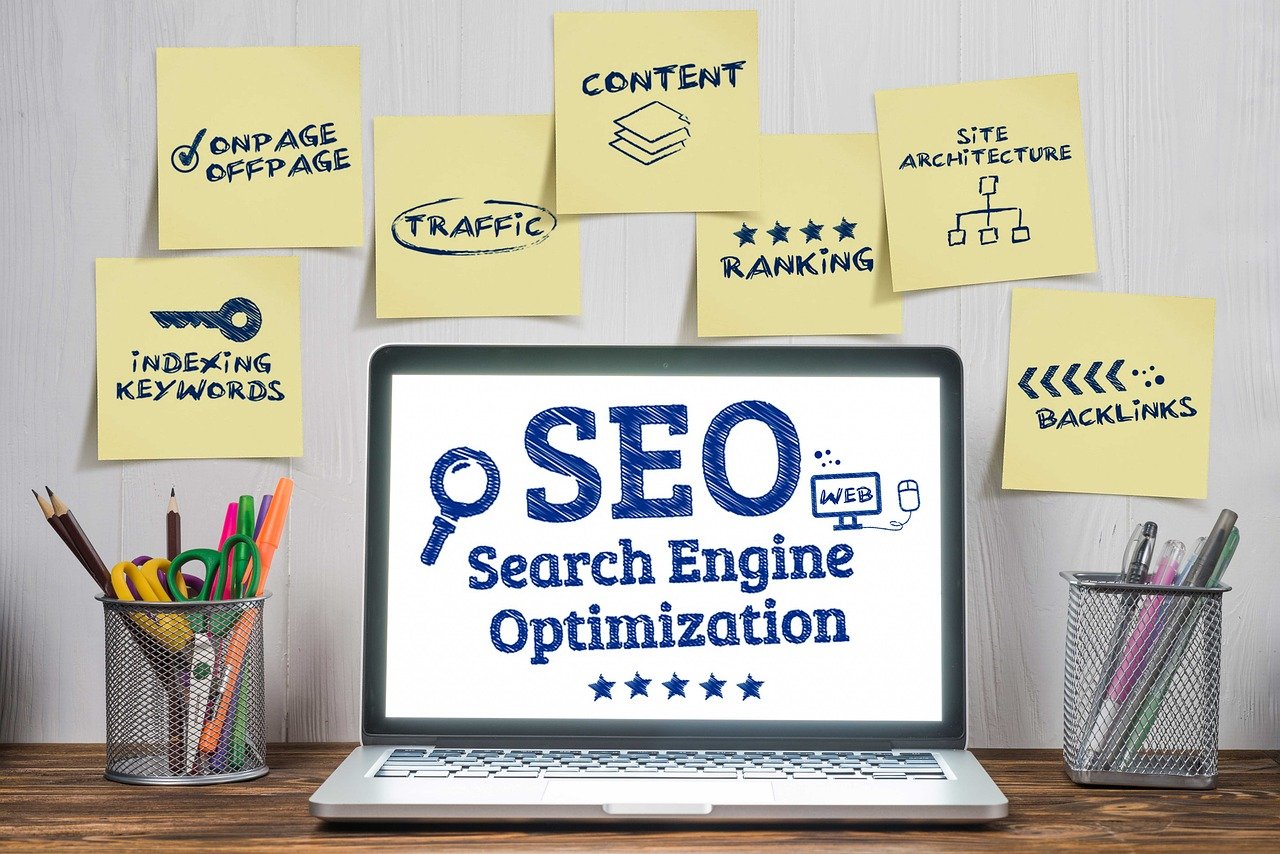
Ever wondered what forms the bedrock of digital marketing strategies? Well, meet on-page SEO, the unsung hero in the world of online visibility and search engine optimization! It refers to the meticulous practice of optimizing individual web pages to elevate their visibility in search engine results. This process involves strategically enhancing different elements on a webpage, with the goal of not only making it attractive to search engines but also ensuring it becomes more easily discoverable by users exploring the expansive terrain of the internet.
Why does it matter for website visibility?
The significance of on-page SEO lies in its direct influence on how search engines interpret and subsequently rank your digital content. Through the judicious application of on-page optimization techniques, you fortify the chances of your web pages securing higher positions in search engine results pages (SERPs). This elevated placement simplifies the user’s journey, making it more accessible and, consequently, driving organic traffic to your site. In the fiercely competitive online arena, visibility is paramount, and on-page SEO serves as the linchpin for achieving and sustaining it.
On-page SEO optimization techniques
1. Title Tags: Page titles showcased in search results wield significant influence. They serve as the initial point of contact between your content and users, requiring precision in conveying relevance to both human users and search engine algorithms.
2. Headings: The use of text to structure content is not merely aesthetic; it plays a crucial role in organizing information coherently. Proper headings improve the overall readability for both users and search engines.
3. Content: The words meticulously crafted for the page should not only be relevant and informative but also possess the ability to engage users effectively. Striking a balance that satisfies user intent while aligning with search engine algorithms is paramount.
4. URLs: The structure of page web addresses is not just a technicality. A logical URL aids search engines in comprehending the contextual relevance of the content, contributing to a more seamless indexing process.
5. Speed: The speed at which a page loads is a critical factor influencing user experience. A swift loading time not only keeps users engaged but also contributes positively to search engine rankings.
How to maximize On-Page SEO Impact?
A. Craft great title tags
Crafting effective title tags involves navigating the delicate balance of optimal length – not too long, not too short. Additionally, strategically incorporating keywords that align with common user searches serves as a powerful tool in enhancing your content’s visibility in search results.
B. Use headers to help visitors
Headers, ranging from main headers that divide content to maintaining the proper order of header sizes, contribute significantly to a well-organized and user-friendly webpage. They not only enhance readability but also provide a clear structural roadmap for both users and search engines.
C. Create useful content
At the core of on-page SEO is the creation of content that goes beyond being merely informative – it should be genuinely useful. Providing valuable information for visitors and ensuring an adequate word count to cover the topic comprehensively are crucial aspects. Quality content not only satisfies user intent but also signals to search engines that your page is a reliable and authoritative source of information.
D. Structure website URLs
The structuring of website URLs in a readable format is imperative for both user experience and search engine understanding. Additionally, the strategic incorporation of relevant keywords into URLs can further amplify your page’s visibility in search results.
E. Connect pages through links
Linking related content together and using descriptive text for links, enriched with well-chosen keywords, can significantly enhance the overall navigation and accessibility of your website. Internal linking aids search engines in understanding the relationships between different pages on your site, contributing to a more coherent and well-organized web presence.
F. Measure how your pages perform
Effectively measuring the performance of your pages involves a comprehensive examination of various metrics. This includes checking their position in search results, monitoring the number of visitors originating from search engines, and utilizing tools like Google Analytics to gain valuable insights into user behaviour. These insights empower you to assess the effectiveness of your on-page SEO efforts and make informed, data-driven enhancements.
In conclusion, on-page SEO is a multifaceted strategy that encompasses various elements, including title tags, headers, content, URLs, and page speed. By strategically incorporating keywords and steadfastly following on page seo optimization techniques, you not only amplify your website’s visibility but also elevate the user experience, ultimately driving more organic traffic to your site. As the digital landscape continues to evolve, mastering the art of on-page SEO becomes increasingly pivotal for the sustained success of your online presence.
FAQs
1. What is on-page seo optimization and off-page seo optimization?
On-page SEO refers to the optimization techniques and practices applied directly to individual web pages to improve their visibility in search engine results. It involves optimizing content, HTML code, and other on-page elements. On the other hand, off-page SEO focuses on activities outside your website to enhance its authority and credibility. This includes building backlinks, social media marketing, and other external factors influencing search engine rankings.
2. What are on-page SEO and off-page SEO factors?
On-page SEO factors include optimizing title tags, headers, content, URLs, and page speed directly on a webpage. Off-page SEO factors involve activities external to the webpage, such as building quality backlinks, social media engagement, and online reputation management. Both sets of factors contribute to a comprehensive SEO strategy aimed at improving search engine rankings.
3. What is on-page SEO, and what are its advantages?
Enhancing the visibility of individual web pages in search engine results is the core focus of on-page SEO. Its advantages include improved search rankings, enhanced user experience through well-organized content and structure, and increased relevance to search queries. A well-executed on-page SEO strategy can lead to higher organic traffic, making your website more accessible to users searching for relevant information.

